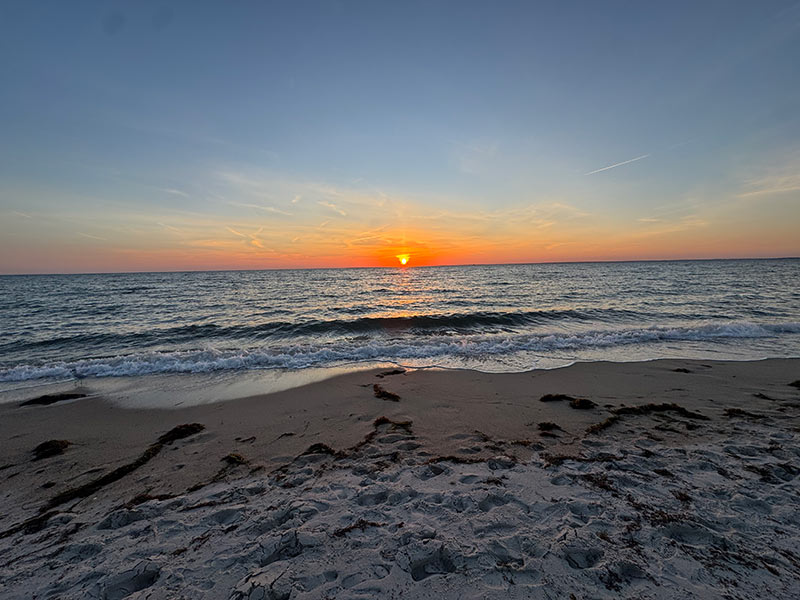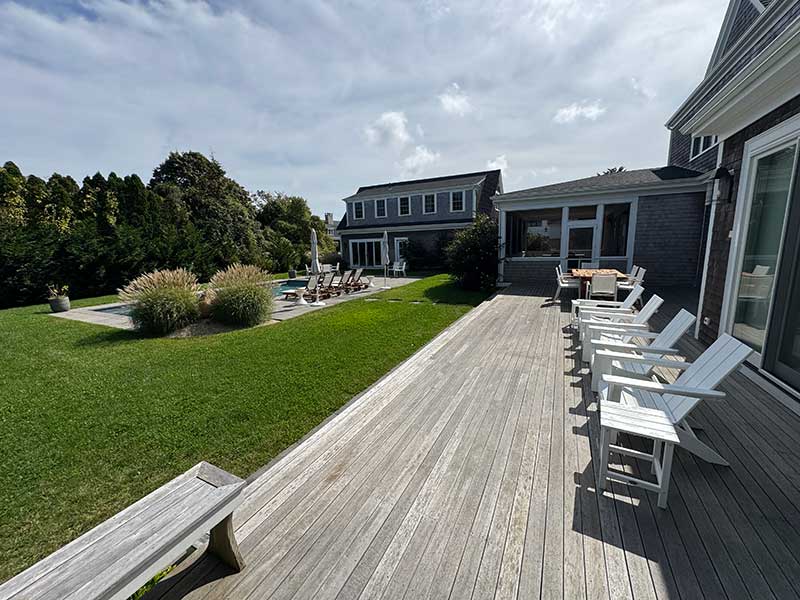Short-Term Rentals vs. Long-Term Tenants on Martha’s Vineyard: What Owners Should Know
Martha’s Vineyard is one of the most desirable destinations in New England, drawing seasonal visitors, vacationers, and year-round residents alike. For homeowners considering renting out their property, the island offers two main paths: short-term vacation rentals or long-term tenants. Each option has its advantages and challenges—and understanding the differences can help you make the best decision for your home and lifestyle goals.

The Case for Short-Term Rentals
Short-term rentals are the backbone of the Vineyard’s summer economy. Weekly and seasonal rentals are in high demand during the summer and shoulder seasons, particularly in popular towns like Edgartown, Oak Bluffs, and Vineyard Haven.
Advantages:
- Higher Income Potential: Weekly rates in peak season can add up to more than a year’s worth of long-term rent.
- Flexibility for Owners: You can reserve the property for your own use when desired.
- Professional Management Options: Property managers can handle marketing, guest turnover, cleaning, and maintenance.
Challenges:
- Seasonal Demand: Income is heavily concentrated in summer; off-season bookings may be minimal.
- Wear and Tear: Frequent guest turnover can lead to more cleaning and maintenance needs.
- Regulations and Taxes: Local rental ordinances and Massachusetts’ short-term rental tax apply.
The Case for Long-Term Tenants
Long-term rentals serve the year-round Vineyard community, including professionals, families, and seasonal workers who choose to stay through the off-season.
Advantages:
- Stable, Predictable Income: Monthly rent provides consistent cash flow year-round.
- Lower Turnover Costs: With fewer move-ins and move-outs, your property experiences less wear and tear.
- Community Contribution: Long-term rentals help support the island’s housing needs.
Challenges:
- Lower Total Income: Annual rent is generally less than what short-term rentals can generate during a strong summer season.
- Reduced Flexibility: Once leased, you typically can’t use the home yourself until the lease ends.
- Tenant Management: Screening and managing tenants can be time-intensive without a property manager.
Which Option Is Right for You?
The right rental strategy depends on your priorities:
- If maximizing income and keeping the home available for your own use is important, short-term rentals are likely the better fit.
- If you prefer steady income with less turnover and are comfortable limiting your own use, long-term tenants may be the right choice.
- For many Vineyard homeowners, a hybrid approach—renting short-term during summer and long-term in the off-season—offers the best balance.

Final Thought
Renting out a property on Martha’s Vineyard is an excellent way to offset costs and protect your investment, but choosing between short-term and long-term strategies requires careful consideration. Partnering with a local property management company can help you navigate regulations, find reliable renters, and ensure your home is well cared for year-round.

![Hi folks, Please see the content for our latest blog and photos attached. Thanks & have a great day! Casandra & Gary [cid:bcd6c78e-0672-4455-9647-e2c514db0905] 508-989-8154 www.PartnersMV.com Preventing Frozen Pipes in Vacation Homes on Martha’s Vineyard](https://www.partnersmv.com/wp-content/uploads/2025/12/prevent_frozen_pipes_800x600-480x320.jpg)
